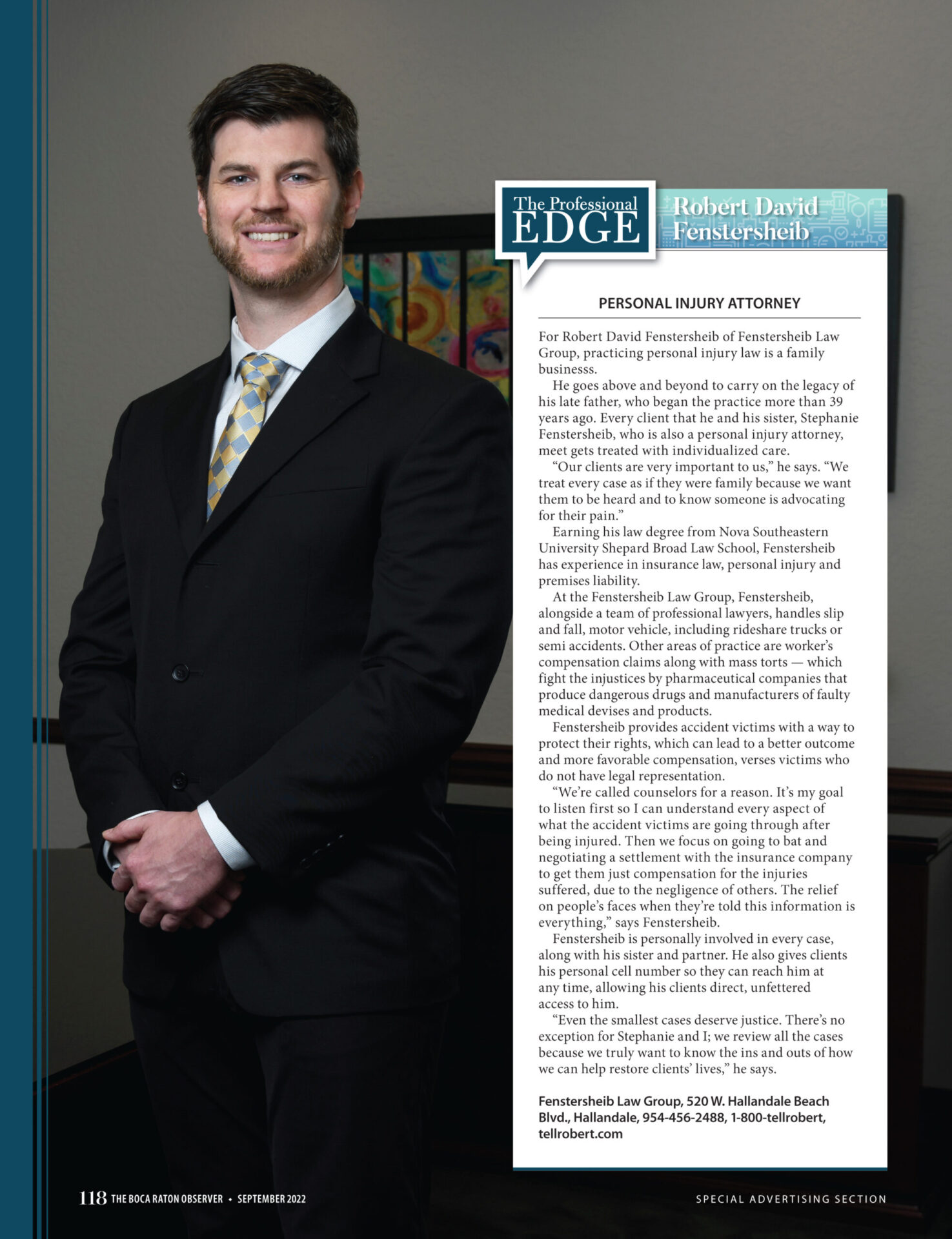
We all take our brakes for granted and the fact is that stopping a vehicle is much more important than starting it. To try and avoid brake failure you should have your brakes checked every time you have your car or truck serviced. Your mechanic will be able to recommend any brake maintenance necessary to keep your car’s brakes working properly. What Happens If Your Brakes Do Fail? Total brake failure can be a terrifying and dangerous experience. Brake failure is another important reason to always wear your seat belt and to make sure your passengers do the same. Remaining calm is the first and most important step in all emergency situations and if brake failure happens these are some steps you can take: Take evasive actions if you are in traffic to avoid hitting other vehicles or pedestrians. Try pumping the brakes. If your car has an automatic transmission shift into low gear. If your vehicle has a manual transmission, downshift into a lower gear. Depress the emergency brake. Pull onto the side of the road watching out for traffic until the car comes…Read More
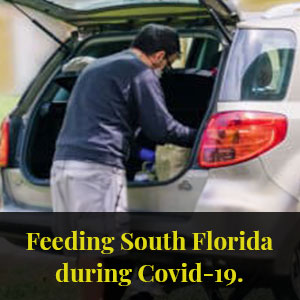
From: Broward County, broward.org Together4Broward is a taskforce of Broward service organizations collaborating during these extraordinary times to ensure our Broward community has access to critical resources, of which our first priority is nutritious food. Use the map below to find a food distribution site near you. www.broward.org/together4broward/Pages/default.aspxRead More
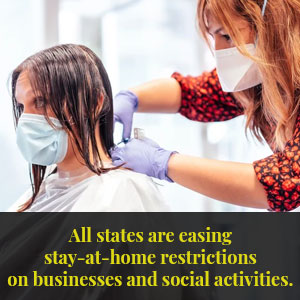
From: Broward County, broward.org Broward County’s Phase 1 reopening to include beaches, commercial gyms and fitness centers, hotels and other commercial lodging, with restrictions. Guidance for each type of establishment that is allowed to reopen is detailed in a series of 14 attachments. Businesses and residents continue to be responsible for adherence to social distancing, facial covering and sanitation requirements. More…. https://www.broward.org/coronavirus/Pages/default.aspxRead More
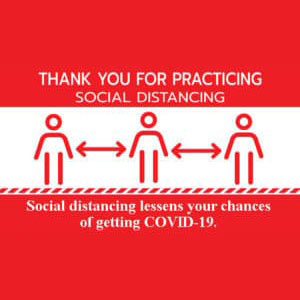
From: CDC – Centers for Disease Control and Prevention Social distancing, also called “physical distancing,” means keeping space between yourself and other people outside of your home. To practice social or physical distancing: Stay at least 6 feet (about 2 arms’ length) from other people Do not gather in groups Stay out of crowded places and avoid mass gatherings In addition to everyday steps to prevent COVID-19, keeping space between you and others is one of the best tools we have to avoid being exposed to this virus and slowing its spread locally and across the country and world. https://www.cdc.gov/coronavirus/2019-ncov/prevent-getting-sick/social-distancing.htmlRead More
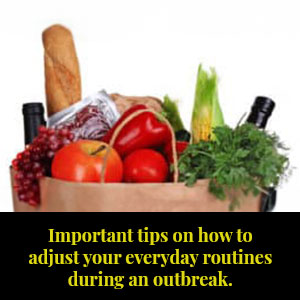
From: CDC – Centers for Disease Control and Prevention As communities across the United States take steps to slow the spread of COVID-19 by limiting close contact, people are facing new challenges and questions about how to meet basic household needs, such as buying groceries and medicine, and completing banking activities. The following information provides advice about how to meet these household needs in a safe and healthy manner. www.cdc.gov/coronavirus/2019-ncov/daily-life-coping/essential-goods-services.htmlRead More

From: Federal Trade Commission Avoid Coronavirus Scams Don’t respond to texts, emails, or calls about checks from the government. The details are still coming together. Ignore online offers for vaccinations. There are no products proven to treat or prevent COVID-19 at this time. Be wary of ads for test kits. The FDA just announced approval for one home test kit, which requires a doctor’s order. But most test kits being advertised have not been approved by the FDA, and aren’t necessarily accurate. Hang up on robocalls. Scammers are using illegal robocalls to pitch everything from low-priced health insurance to work-at-home schemes. Watch for emails claiming to be from the CDC or WHO. Use sites like coronavirus.gov and usa.gov/coronavirus to get the latest information. And don’t click on links from sources you don’t know. Do your homework when it comes to donations. Never donate in cash, by gift card, or by wiring money. www.ftc.gov/coronavirus/scams-consumer-adviceRead More
This list is updated daily at www.feedingsouthflorida.org/covid19. Dates, times, and locations may change. If you plan to attend a distribution, please review this calendar the day-of to confirm the schedule. Esta lista se actualiza todos los días en www.feedingsouthflorida.org/covid19. Las fechas, horas, y direcciones pueden cambiar. Revise el calendario el día de la distribución para confirmar el horario. Feeding South Florida Calendar Of Food Distributions These sites provide groceries in a “drive-thru” style.Estos sitios proveen alimentos al estilo “drive-thru.” https://feedingsouthflorida.org/wp-content/uploads/2020/04/Distribution-Dates.pdfRead More
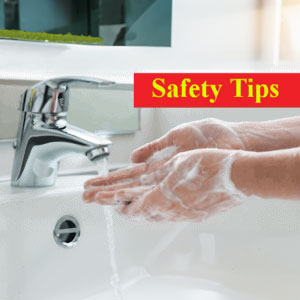
To get answers to your questions about COVID-19, call the Broward County COVID-19 Hotline at 954-357-9500, or email COVID-19@flhealth.gov. If you think you have been exposed to COVID-19, call the Hotline BEFORE visiting a doctor or any health care facility. Broward County officials continue to work closely with the Florida Department of Health, the Centers for Disease Control and Prevention, the Governor’s office and the Florida Department of Emergency Management to help residents, visitors and employees weather this health crisis. Safer at Home Cover Your Face Observe Social Distancing Practice Good Hygiene Beware of Scammers News Source: www.Broward.orgRead More
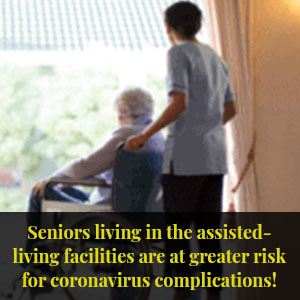
By Brook Baitinger The new coronavirus has made its way into yet another long-term-care facility in Broward County. Two residents and two employees are infected with the virus at Covenant Living of Florida, an assisted-living facility in Plantation, said spokesman Randy Eilts. It’s at least the fourth facility to publicly confirm the presence of positive cases. State officials have refused to identify which facilities have outbreaks, citing privacy concerns. Operators have warned that, try as they might, they can’t keep the virus out. News Source: www.Sun-Sentinel.comRead More

Defective or dangerous products or devices cause thousands of injuries in the United States every year. People harmed by an unsafe product or device may have a cause of action against the individual or company who manufactured, designed, or sold that product or device. Product Liability Law set the parameters and legal rules against individuals or companies who are responsible for the defective products. Product Liability Laws are different from ordinary injury law. The plaintiff, must prove that product or device that caused the injury was indeed defective and that the flaw made this product dangerous and unsafe to use. There are three types of defects that may cause injury. Design defects, meaning there is an error in a product design before it’s manufactured, making it naturally unsafe. Manufacturing defects, develops in the process of assembly of the product or device. Marketing defects, this refers to improper labeling, inadequate instructions or safety warnings. Product liability claims are very complex and establishing legal fault can be quite complicated. At Fenstersheib Law Group, P.A., we are your advocates; we feel your frustration and pain and, along with…Read More




